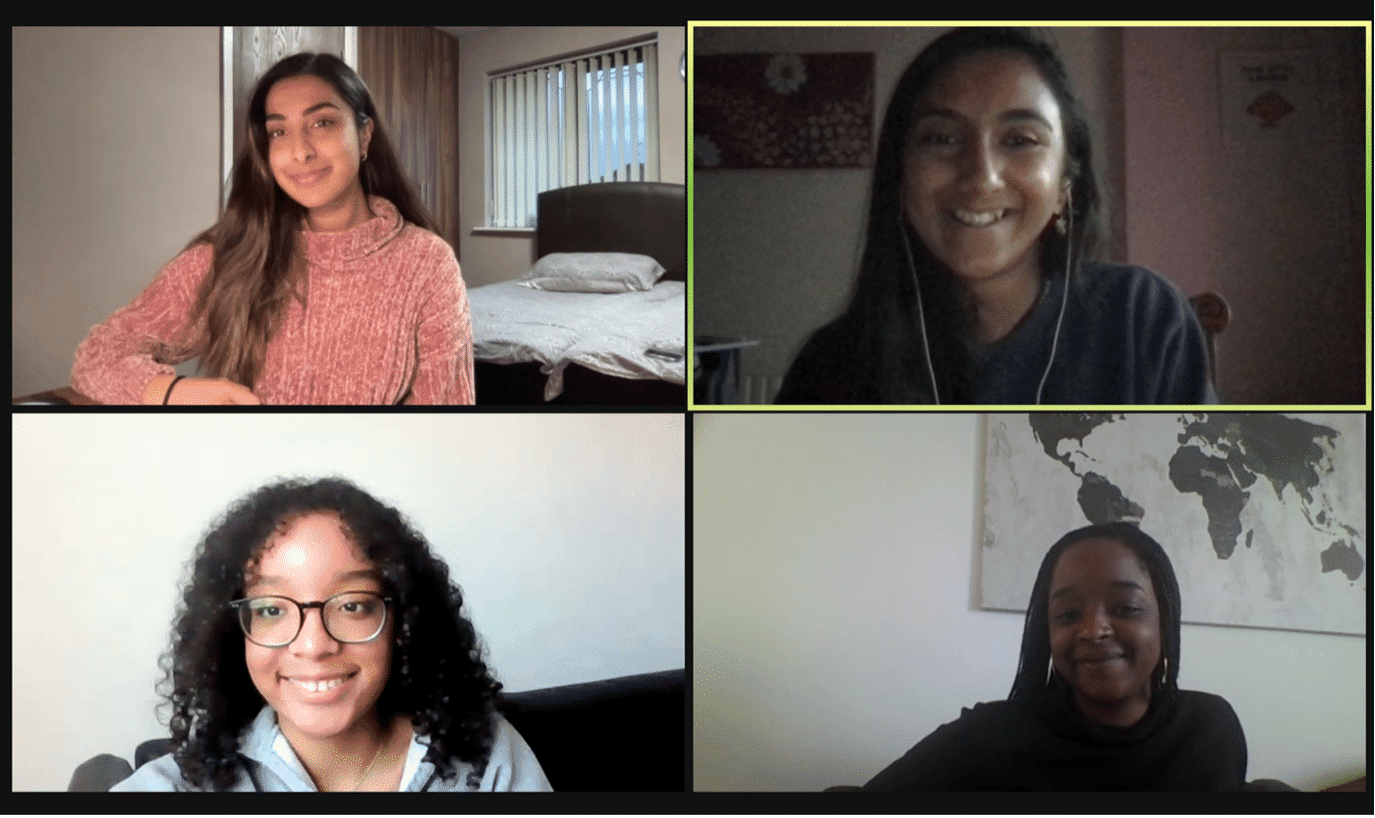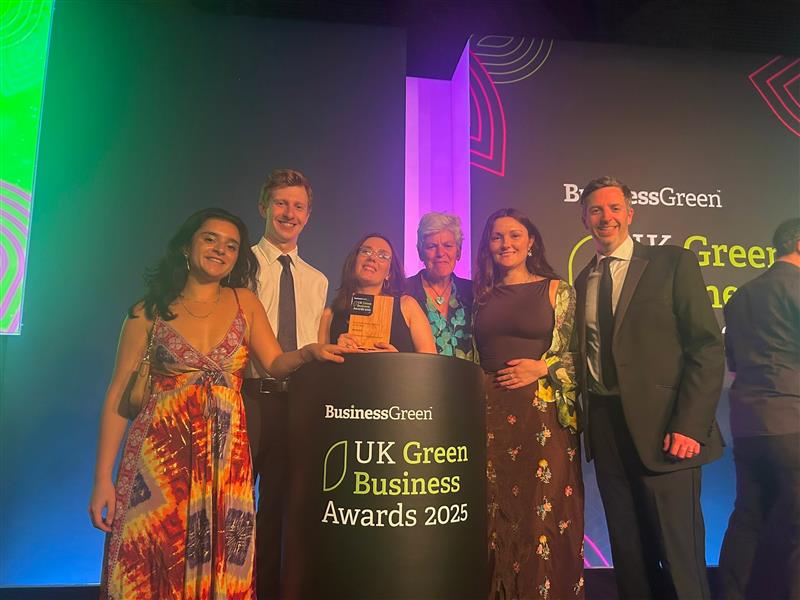Centering and celebrating Black environmentalists by ‘Reclaiming Our Time’

While the climate emergency is a global challenge, it has been proven that Black people disproportionately suffer its impacts. Whether as a result of the richest, most polluting countries failing to deliver on their promises to help the Global South cope with climate change, as revealed by CARE International’s recent report, or because people of colour are more likely to live in the areas most contaminated by toxic waste and air pollutants, it is clear that the climate crisis is a racial justice issue.
And despite these communities producing a plethora of Black environmentalists and experts, education providers and the mainstream media often fail to showcase the crucial work these activists are doing on the ground. At a time when the environmental policies of today may dictate the course of climate action for decades to come, leaving Black voices out of the conversation is not only unjust, but dangerous. Just as the SHEChangesClimate campaign exposed the flaws in leaving female climate leaders out of COP26 decision making, so too is it essential to listen to and uplift Black voices on issues of environmental justice.

Reclaiming Our Time is a grassroots campaign rewriting the current narrative. Spearheaded by Black Girl Environmentalist in collaboration with Pass the Mic Climate and Generation Green, the initiative has seen Black climate activists pairing up with larger social media platforms in order to centre and celebrate their work. Since the start of February, the likes of Greenpeace, Futerra and Rainforest Alliance have invited Black organisers, educators and academics to take over their social channels for a day, including Brittany Jefferson, a teacher who supports caregivers to have conversations about social and environmental justice with young people, and Katharine Morris, a scholar and organiser exploring the role of cognitive science to strengthen collective climate action.
We need to have an environmentalism that protects both people and the planet. One that understands that our positionality and identities all inform the ways that we experience both the benefits and burdens.
Wawa Gatheru, Founder of Black Girl Environmentalist
In one of the campaign’s largest collaborations to date, Wanjiku “Wawa” Gatheru, founder of Black Girl Environmentalist, teamed up with actor and director Mark Ruffalo, live-streaming their discussion about the climate movement as well as taking over Ruffalo’s Instagram channel to share information about Reclaiming Our Time. Speaking to the actor, Wawa clearly articulated the need to centre the voices of underrepresented people in the climate movement to ensure that the future being envisioned today is truly just.
When we think about a just climate future, we have to think about crafting a future that serves us all.
Wawa Gatheru
During her conversation with Ruffalo, Wawa outlines how we can play a role in what she describes as “crafting a future which serves us all”. For non-Black individuals, this means learning more about Black activists and organisers, then amplifying and uplifting their voices. And it is not enough to limit our learning to present-day activists. By spotlighting the pioneering work of environmentalists from W.E.B. Dubois to Dr Mamie Parker, BGE and Future Earth’s ‘Unsung Heroes’ series showcases the fundamental contributions that Black history has made to our current work in conservation, biodiversity and climate justice.
Two of our team were lucky enough to meet with BGE’s Director of Outreach Samantha Miller, and their Influencer and Brands Partnership Director Mikalah Bailey, who sit on BGE’s Board alongside Celine Isimbi, Aishah-Nyeta Brown, Aalayna Green and Tyra Gravesande. It was humbling and inspiring to learn that all the Board members are in full-time work or study, yet have grown BGE from the ground up.

Samantha and Mikalah hope that their work will extend far beyond improving media representation, to change the way society pictures ‘environmentalists’. They’re wary of the difference between superficial engagement and real systemic change, and Samantha gives the example of hiring BIPOC employees to meet a quota, compared with an organisation recognising the true power and necessity of racial diversity within their workforce.
Black and brown people have always been environmentalists, but we’re not seen as them.
Samantha Miller, Director of Outreach for Black Girl Environmentalist
Speaking to Samantha and Mikalah, it is clear that BGE has no plans to stop at Black History Month. They’re already preparing to repurpose Reclaiming Our Time for Women’s History Month in March, and beyond that, they hope to gain status as a non-profit organisation and offer mentorship and job opportunities to their members.
Here at Greenhouse, we look forward to listening to and learning from more Black environmentalists, and we invite you to join us in following Reclaiming Our Time, which is continuing on the Black Girl Environmentalist Instagram page for the remainder of February and March. Anyone with a large Instagram following can volunteer for their channel to be taken over for a day by contacting the campaign organisers.


